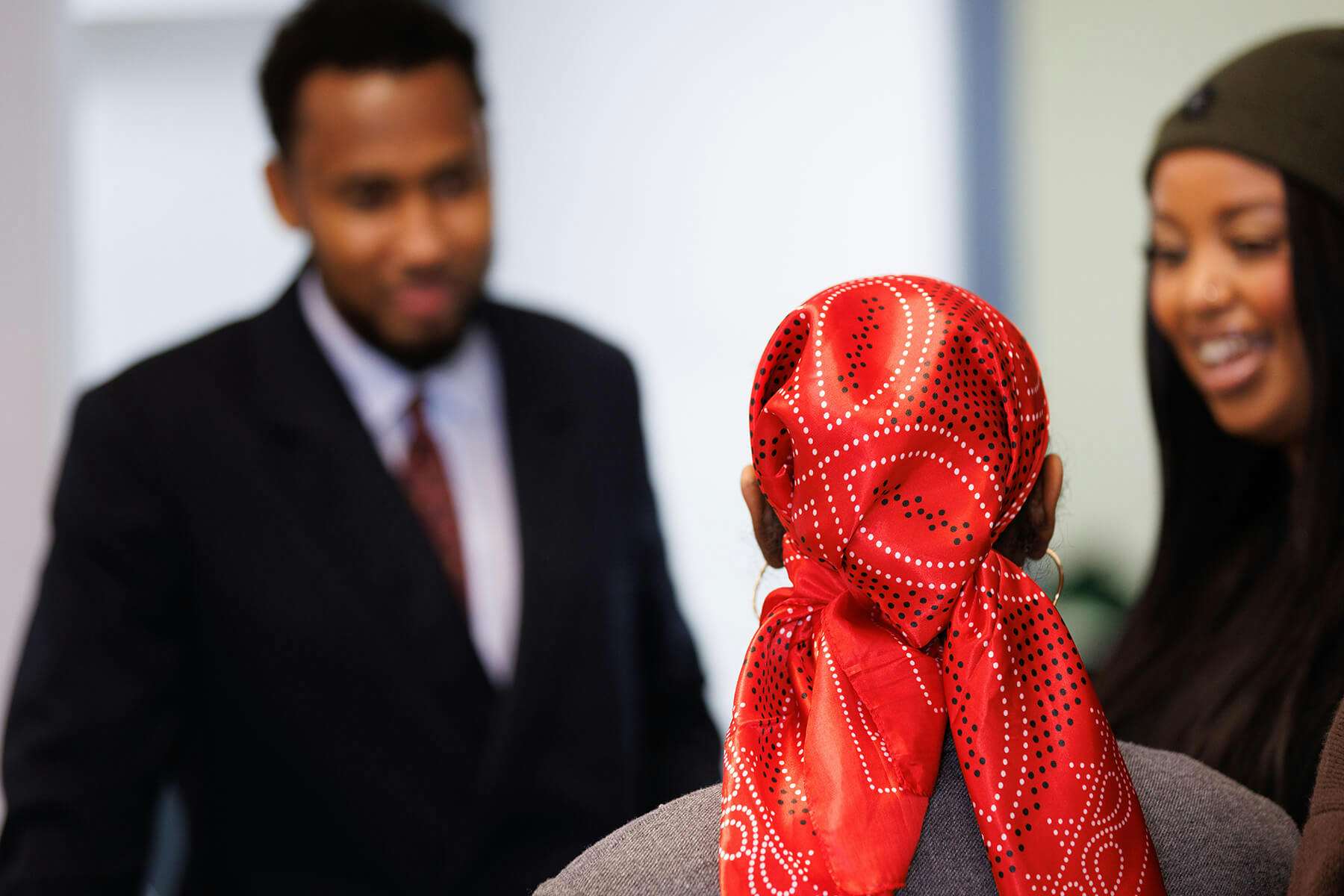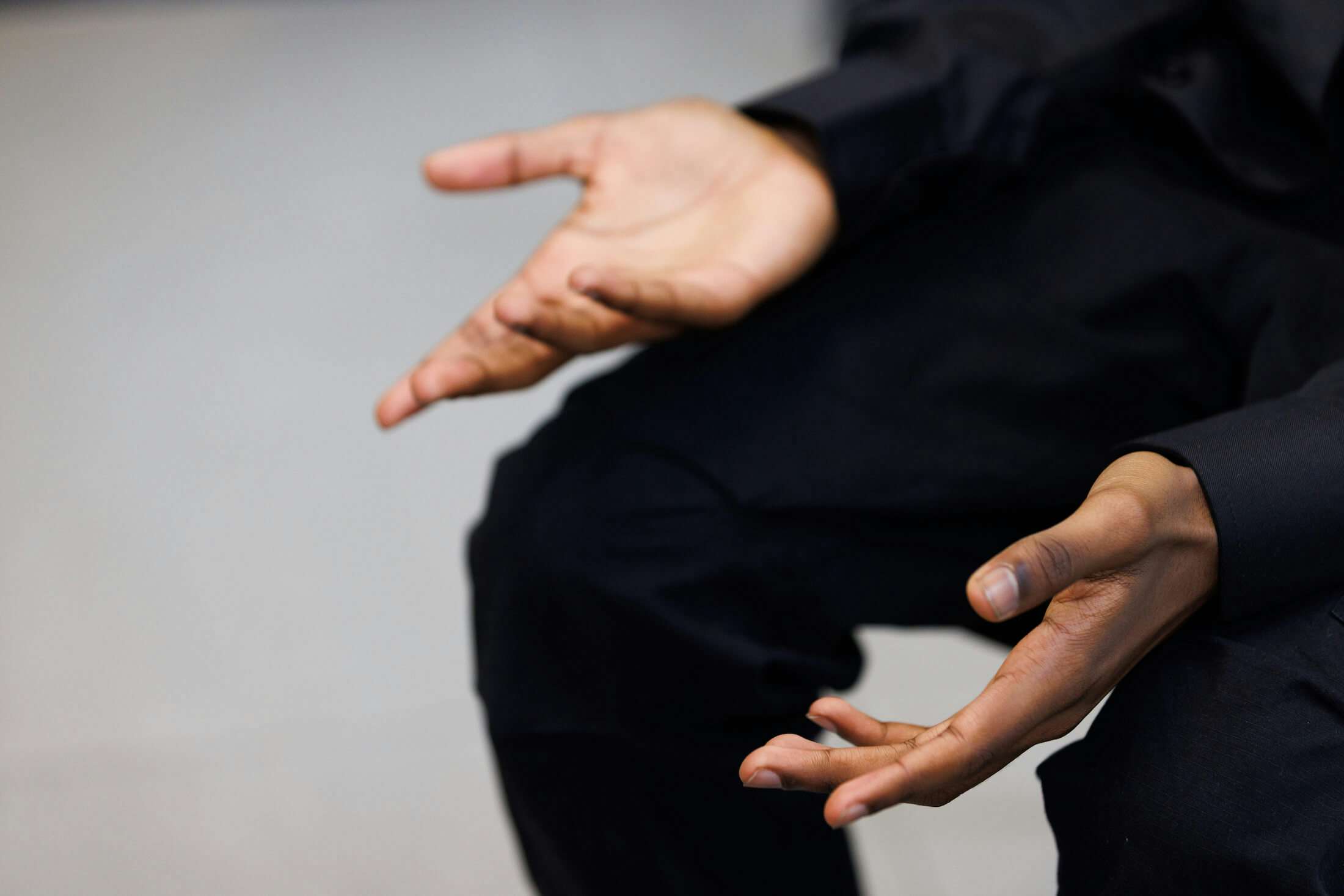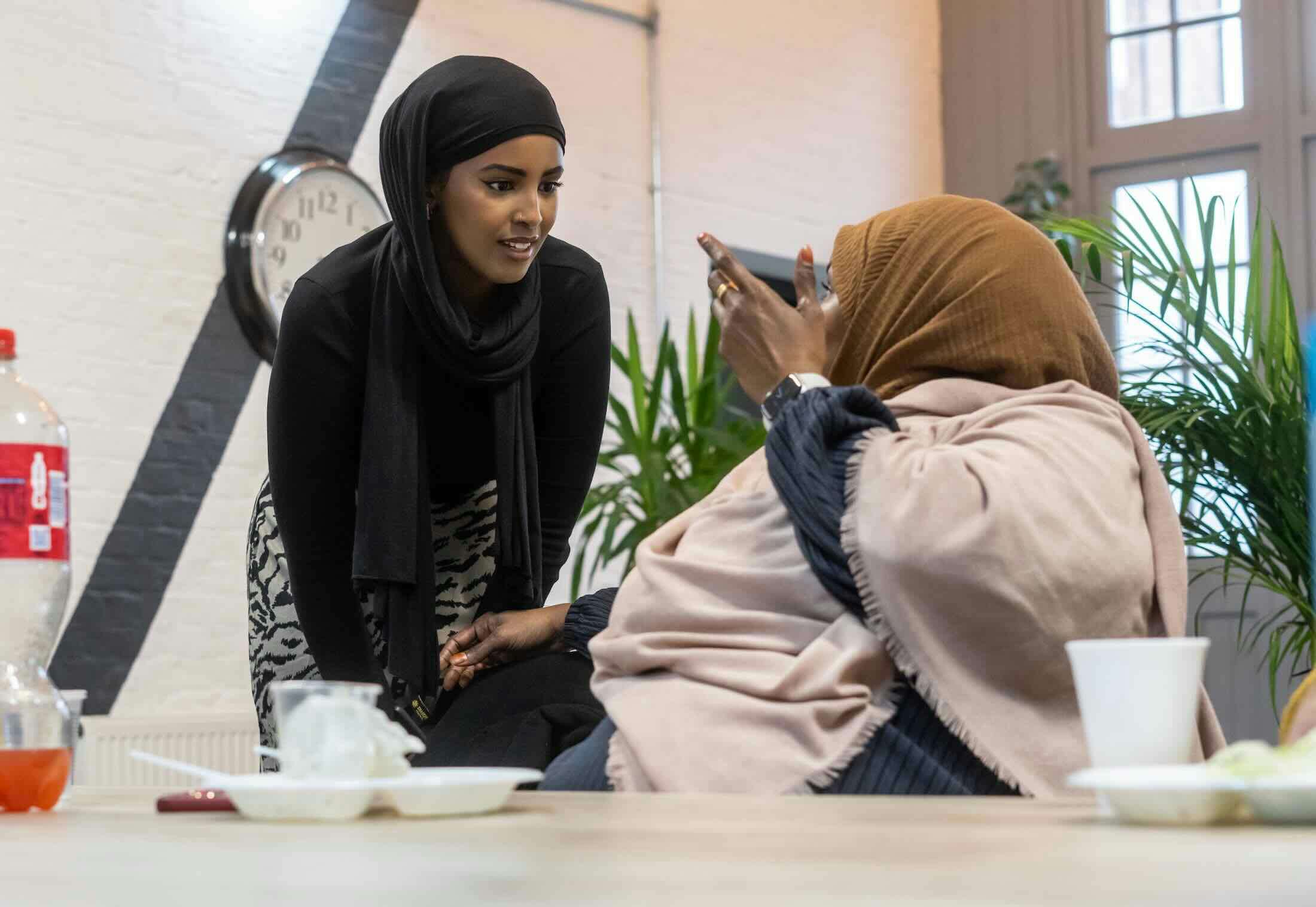
Breaking the Stigma: Mental Health in Black and Minority Ethnic Communities
June 13, 2024
Breaking the Stigma: Mental Health in Black and Minority Ethnic Communities
In various communities across the world, mental health still carries a heavy stigma, but none more so than in Black and Ethnic Minority groups. Despite our advances in mental health awareness overall, these communities face unique challenges that can aggravate this stigma and block individuals from seeking the help they need. That’s why it’s important we shed light on the specific complexities of mental health within Black and Ethnic Minority communities. We’ll also explore a few strategies to combat the stigma, foster empathy, and ultimately empower individuals to pursue wellness without fear
of judgment.
Overview of the Stigma Surrounding Mental Health
Stigma, a mark of shame, often surrounds mental health and can prevent people from seeking help. In many minority cultures, this stigma often leads to societal rejection, verbal abuse and even violence. The unfortunate result of this is emotional distress, limited educational and job opportunities, reduced healthcare access and a lower quality of life. For minority communities, the silence around mental health issues worsens these challenges,leaving many untreated and isolated.
We should remember though, that simply being part of Black, Asian and Minority Ethnic communities doesn’t necessarily mean that an individual will experience poor mental health. However, we aim to bring awareness that these communities experience much greater barriers to mental health care compared to the white demographic.
Challenges Faced by BAME Communities Living in the UK & How This Impacts Mental Health
Black, Asian, and minority ethnic (BAME) communities in the UK face a myriad of challenges that can significantly impact their mental health. Let’s explore these further:
Socio-economic disparities. With many individuals within these communities experiencing poverty, unemployment and inadequate housing, addressing mental health issues begins to appear as a luxury. These socio-economic stressors are also then compounded by systemic inequalities that limit access for those seeking quality
mental health support.
Discrimination and racism. No matter if it’s blatant or subtle, racism no doubt worsens the situation. The relentless exposure to prejudice can trigger chronic stress, anxiety and depression. It's sadly common for BAME community members to feel isolated and disconnected, harming their mental well-being. Workplace discrimination is a common key player too. Unfair practices and microaggressions which play out can foster a hostile setting that hinders seeking support, as well as stunts both professional and emotional growth.
Language barriers and cultural differences. These add another layer of complexity, often preventing individuals from seeking help. Many BAME individuals might feel hesitant to approach mental health services due to a lack of culturally sensitive care, which is understandable. There can be a fear of being misunderstood or mistreated by healthcare professionals who may not be fully aware of the unique cultural contexts and experiences faced by these communities.
The stigma surrounding mental health within many BAME cultures. Ultimately, stigma discourages individuals from seeking the support they need. The fear of being judged or ostracised by their community can result in hiding symptoms or refraining from discussing mental health issues openly.
It might not be easy. But, by recognising and addressing these barriers, we can make real strides towards breaking the stigma and improving mental health outcomes for all.
Strategies to Break the Mental Health Stigma in Black and Ethnic Minority Communities
Addressing these unique challenges requires a multifaceted approach, including promoting cultural competency among healthcare providers, fostering inclusive practices in workplaces and enhancing education around mental health within BAME communities.
Seeking Specialist Support (such as from Black Minds Matter, Therapy for Black Girls) Specialist support services play an essential role in overcoming these obstacles, providing culturally sensitive care tailored to the unique experiences of BME individuals. One such organisation in the UK making significant strides in this area is Black Minds Matter. Dedicated to offering free, professional mental health services, Black Minds Matter works to connect Black individuals with qualified Black therapists, ensuring that cultural competence is at the forefront of care. Another vital resource is Therapy for Black Girls, which focuses on the mental health and wellbeing of Black women and girls. This platform provides a directory of therapists who understand the specific challenges faced by Black women, creating a safe space where they can discuss their experiences without the fear of judgement or misunderstanding. By offering access to culturally relevant therapy, Therapy for Black Girls helps foster a supportive
community where Black women can thrive mentally and emotionally. Seeking specialist support is crucial for breaking the stigma surrounding mental health in BME communities. It not only provides access to culturally appropriate care but also encourages individuals to prioritise their mental wellbeing. By utilising services like Black Minds Matter and Therapy for Black Girls, individuals can find the help they need in a supportive and understanding environment.
Encouraging Culturally Competent Mental Health Services
To better support Black, Asian and Ethnic Minority communities, mental health support must be culturally competent. This means weaving in an understanding of their cultural, social and linguistic needs into mental health care. Cultural sensitivity in mental health services ensures that the support provided is relevant and respectful of cultural identities and experiences. Tailoring mental health interventions to consider these cultural nuances can make a significant difference in the effectiveness of the support offered. Health professionals should receive training that helps them to:
Recognise how cultural backgrounds influence perceptions and experiences of mental illness.
Implement treatment approaches that are respectful of and tailored to cultural backgrounds.
Engage with community leaders and healers to bridge traditional and modern care practices.
Moreover, boosting the number of ethnic minorities in mental health professions can actually help ease any distrust individuals may have towards the healthcare system and enhance how patients and providers communicate. When people in minority groups identify healthcare professionals who look like them, they tend to feel more heard and less like
treatment is being forced on them from the outside.
Normalising and Validating Mental Health Difficulties Within the Community
Mental health is a crucial aspect of overall wellbeing, yet it remains a taboo subject in many Black and Minority Ethnic (BME) communities. So, normalising and validating mental health difficulties within these communities is essential to foster an environment where individuals feel comfortable seeking support without fear of judgment or discrimination. One of the first steps in achieving this is through education and awareness. By providing accessible information about mental health, dispelling myths, and challenging misconceptions, we can help break down barriers and promote a more understanding and
empathetic culture.
Community leaders, influencers and organisations play a pivotal role in this normalisation
process. When respected figures openly discuss their own experiences with mental health, it can have a profound impact on reducing stigma.
Moreover, creating safe spaces, such as support groups and community gatherings, where
individuals can share their stories and connect with others facing similar challenges, fosters a sense of belonging and acceptance.
Finally, encouraging open and honest conversations about mental health at home can help young people feel understood and supported. Parents and caregivers should be equipped with the knowledge and tools to recognise and address mental health issues early, preventing them from escalating into more severe conditions.
All in all, normalising and validating mental health difficulties within BME communities involves a multifaceted approach that includes education, community involvement, cultural sensitivity, and open family dialogues. By addressing these areas, we can work towards a future where mental health is openly discussed and adequately supported, leading to healthier and happier communities. Together, we can pave a clear path toward greater mental health awareness and support in Black and Ethnic Minority communities.




